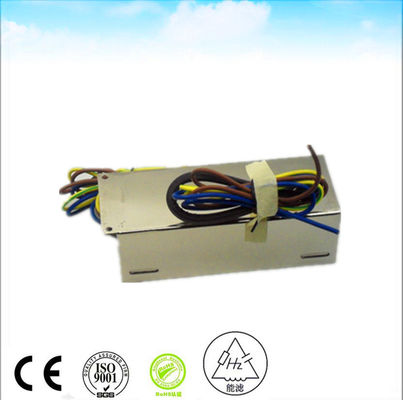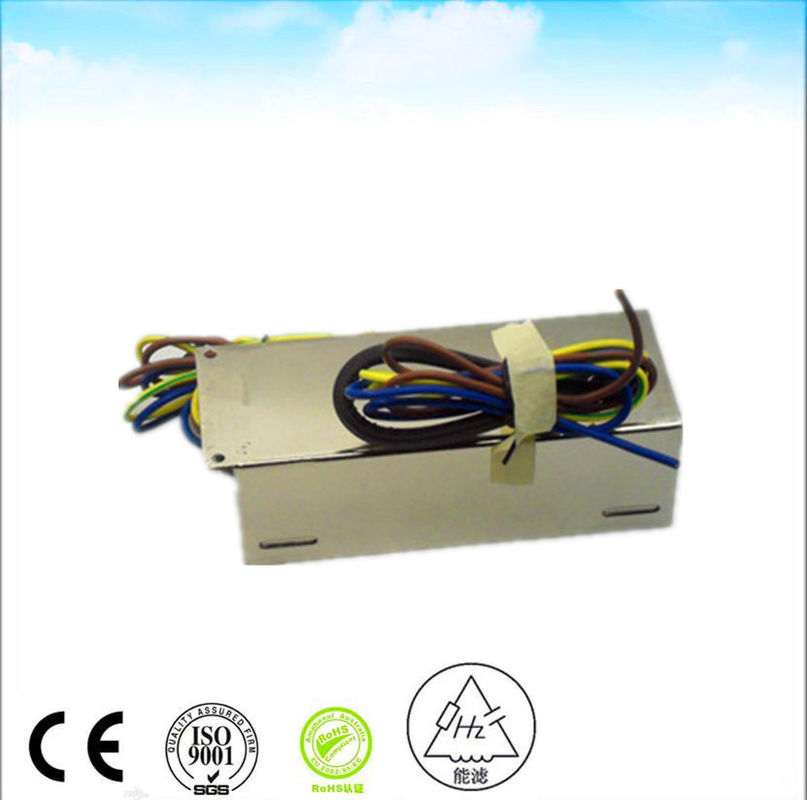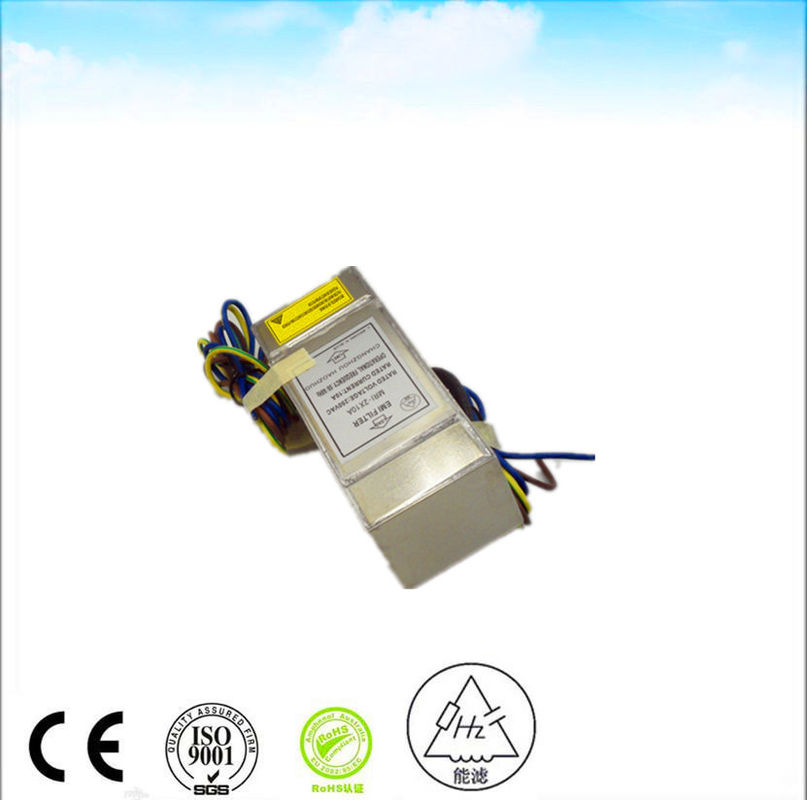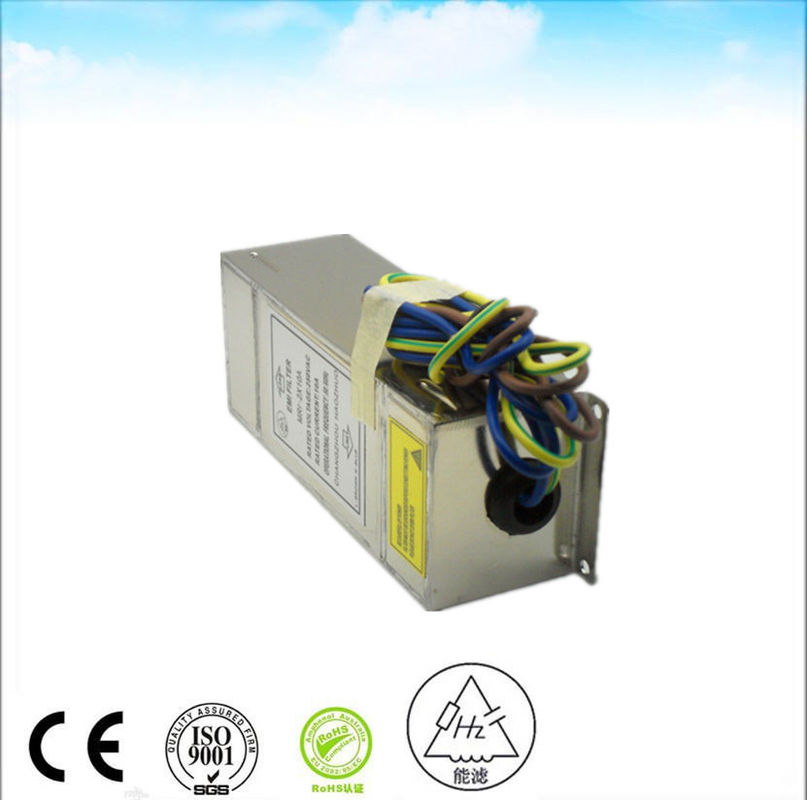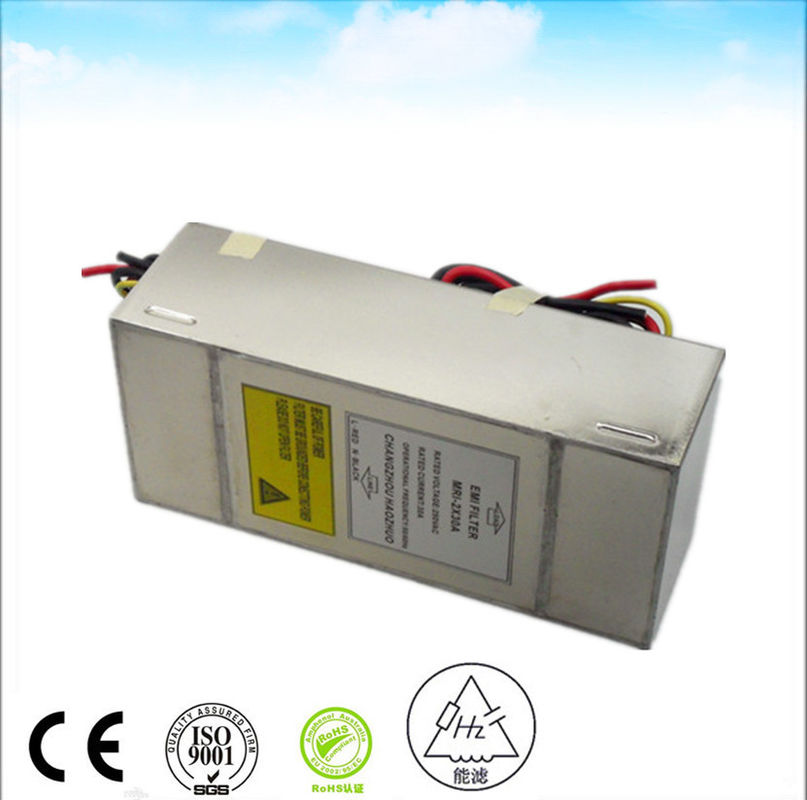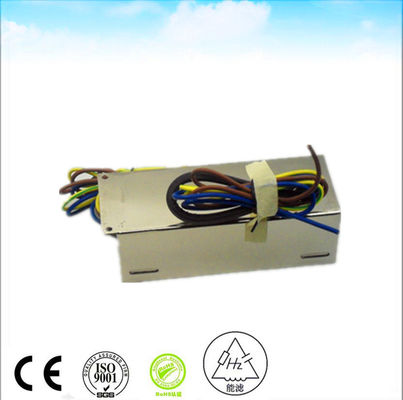
Gigabit Ethernet Emi Filter Emi Rfi Ac Power Line Filters For 10M Network high quality
-
Highlight
emi rfi ac power line filters
,Ethernet emi rfi power line filter
,gigabit ethernet emi filter
-
TypeEMI Filter
-
Transfer FunctionLow Pass
-
Package TypeThrought Hole
-
Nominal Center Frequency50/60Hz
-
3dB Bandwidth4k
-
Insertion Loss100db
-
Input Impedance50ohm
-
Stopband Attenuation70-100dB
-
Rated Voltage250VDC
-
Rated Current1A
-
LINES NUMBER2
-
ApplicationInternet
-
Test Voltage1000VDC
-
Insulation Resistance100M Ohm @ 500VDC
-
PortChangzhou Shanghai Hangzhou Or Others
-
Place of OriginJiangsu, China
-
Brand NameNenglv
-
Certificationce
-
Model NumberSF-V8
-
Minimum Order Quantity>=1 Pieces
-
Price$200.00
-
Packaging Details8 PCS IN ONE CARTON THE GROSS WEIGHT OF ONE CARTON IS ABOUT 20Kg
-
Supply Ability10000 Piece/Pieces per Week
Gigabit Ethernet Emi Filter Emi Rfi Ac Power Line Filters For 10M Network high quality
What is an EMI Filter?
EMI filters, also called EMI suppression filters, are an effective way to protect against the harmful impacts of electromagnetic interference. What does an EMI filter do? When attached to devices or circuits, EMI filters can suppress electromagnetic noise transmitted through conduction. These filters extract any unwanted current conducted through wiring or cables, while allowing desirable currents to flow freely. EMI filters that suppress noise from grid power are also called EMI power line filters.
How do EMI filters work? Most electromagnetic noise is in a higher frequency range, so EMI filters are often low-pass filters that sift out high frequencies while letting lower frequencies pass through. Different EMI line filters suppress specific frequencies of noise, while allowing others to flow unimpeded. After the filtering process, electromagnetic noise gets diverted away from the device and to the ground. Some EMI filters may also route unwanted currents back to the noise source or absorb them.
| RATED VOLTAGE | 250VAC | ||
| RATED CURRENT | 1A | ||
| LINE NUMBER | 8 | ||
| PASS BAND | 7K | ||
Most electronics contains an EMI filter, either as a separate device, or embedded in circuit boards. Its function is to reduce high frequency electronic noise that may cause interference with other devices. Regulatory standards exist in most countries that limit the amount of noise that can emitted.
- We are a professional and famous EMI filter manufacturer.
- Our technical team has more than 10 years’ experience in designing EMI filter. We know UL VDE CSA CE CQC etc safety standard very well.
- Our technical service team learn many kinds of test standard such as industrial application (IEC61800-3 for frequency inverter drive EN12015 for elevator EN55011 for ISM device etc) and military application (GJB151A GJB152A etc).We can solve EMI problem quickly effectively and low-costly.
- Our test equipment: LCR digital bridge/voltage proof tester/insulation resistance tester/spectrum analyzer/inductor tester/standard signal source/shield room/interference intensity tester etc

